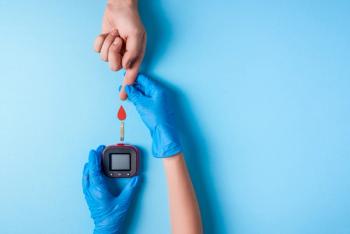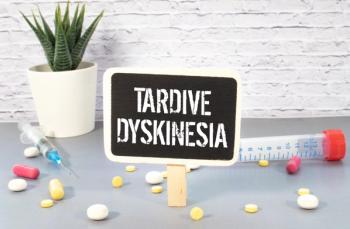
Connection Between ADHD Medication and Risk of Suicide Attempt Possible
Risk of suicide attempt is higher among adults, women.
A study found that methylphenidate use is associated with an increased risk of suicide attempt in adults up to 40 years old.
The study, a population-based matched cohort design, investigated potential associations between methylphenidate and depression, suicide attempt, and overall mortality. The researchers stated that they wanted to explore effects of methylphenidate because it is one of the most commonly prescribed medications for both children and adults for attention-deficit/hyperactivity disorder (ADHD); it has been connected to serious psychiatric and cardiovascular adverse events; some clinicians also believe the properties of methylphenidate mean the drug has the potential to induce psychotic symptoms and disorders.1
In the study, the researchers pulled from a pool of 97,198 participants within the Integrated Primary Care Information system database in The Netherlands, identifying 8905 adults who started methylphenidate and matching each set of 1 individual prescribed the medication to 10 individuals who were not taking the medication based on factors including age, sex, and prescription date. Participants were 54% male and 64% within the age group of 18 to 40 years. The methylphenidate group showed a significantly higher prevalence of substance use and history of psychiatric comorbidity compared to those who were not taking the medication. The researchers analyzed the participant pools for risk of development of each psychiatric event (expressed as HR) with 95% CI, which they adjusted for relevant confounders using methylphenidate as a time-dependent determinant. They also adjusted for intervention, or “intention to treat.”1
They found during follow-up that depression, psychosis, and psychiatric disease in the patient’s medical history were no longer significant after adjustments for alcohol abuse, substance abuse, and psychiatric disease in the medical history. The risk of suicide attempt, however, still showed a significant increase after full adjustment (HR 2.0; 95% CI 1.1 to 3.6) and was the highest in women and the age group of 18 to 40 years. They identified 168 cases with a notification of suicide within the patients’ medical records and noted that 117 of these cases were suicide attempts, 16 of which were successful, and 51 cases involved suicidal ideation, fantasies, or tendencies.1
For risk of overall mortality, the researchers identified 1027 cases of death and validated them within the patient history to distinguish dates and causes. Of these 1027 cases, they verified that 19 were suicides and that 30% of all deaths occurred within 80 days after the start of methylphenidate use. The unadjusted risk of overall mortality showed a strong increase (HR 7.5; 95% CI 6.3 to 8.9) but, after full adjustment, dropped to a significant 30% risk increase (HR 1.3; 95% CI 1.1 to 1.6).1
“Especially the strong association with death in our study is striking,” the researchers wrote. “The risk increase of death was genuine but mainly explained by confounding by the indication palliative care because from validation of the medical records, it became clear that this risk increase was largely explained by starting methylphenidate in depressed or extremely tired patients in their latest phase of life. Because regular antidepressants take 6 to 8 weeks before they exert their therapeutic effects, they may be too late for treating depression in the last weeks of life, and then psychostimulants may help.”1
The researchers concluded that, “there is an increased risk of suicide attempts in adults up to 40 years of age after starting methylphenidate, and this risk should be carefully considered before prescribing to this group.”1
Reference
1. Stricker B, Cheung K, Verhamme K.
Newsletter
Pharmacy practice is always changing. Stay ahead of the curve with the Drug Topics newsletter and get the latest drug information, industry trends, and patient care tips.























